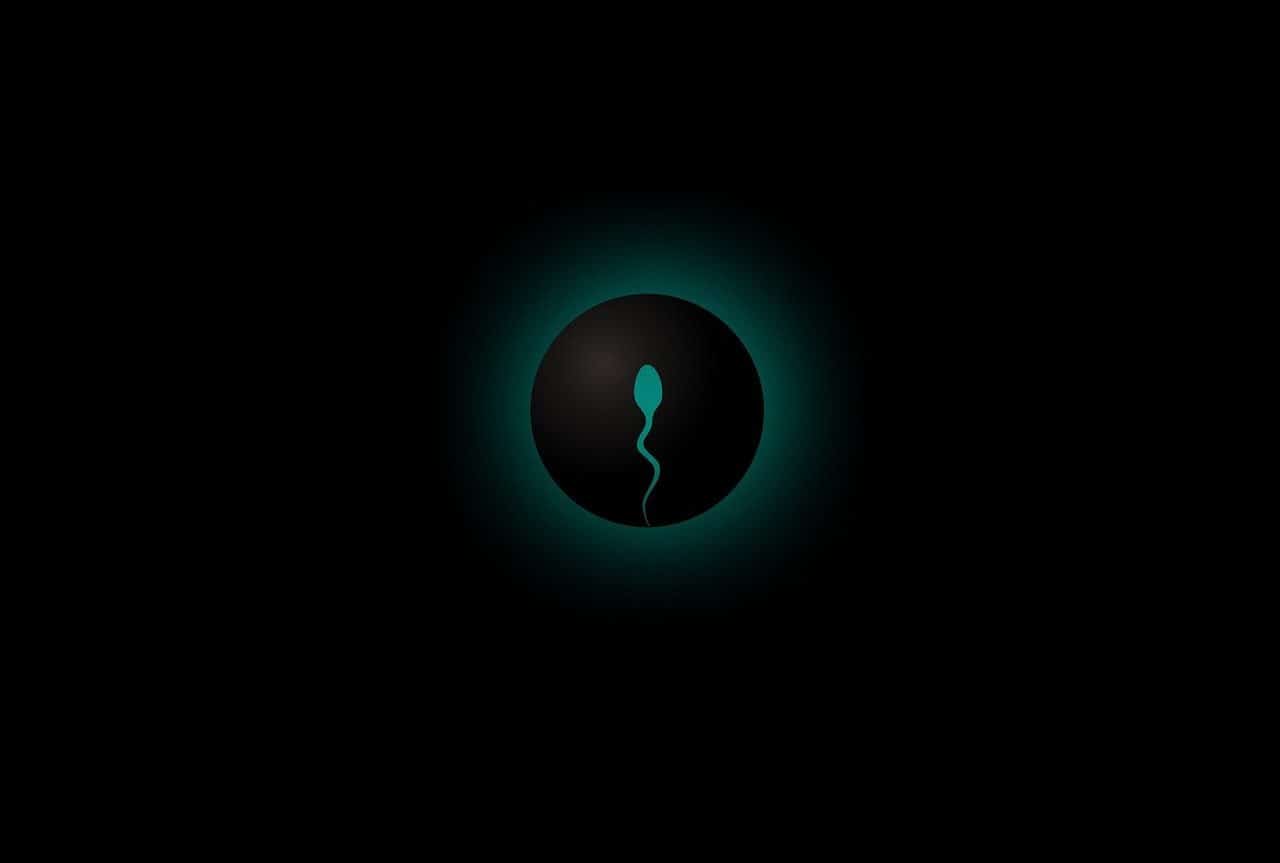
In the case of humans, fertility is associated with the ability to reproduce.
Fertility is the quality of fertile, a qualification given to someone who has the ability to reproduce or produce in abundance . This adjective can be applied to people, animals or land, with the logical differences of what is produced or reproduced.
For example: "These are lands of great fertility and highly coveted" , "We are undergoing medical treatment since we have fertility problems and we want to have a child" , "The fertility of this horse is amazing: it has had offspring superior to the average of equines .
Human fertility
Let's take the case of the human being . There are many circumstances that affect the fertility of men and women . Age and health are the most important factors: the human being is fertile during a period of life, not when he is born or in old age. Various disorders of the body, on the other hand, can also make a person infertile and unable to reproduce.
Other circumstances are culture -bound and, while they do not prevent reproduction (and therefore do not cause infertility), they do affect reproductive capacity. Taboos regarding sexuality, the conditions of marriage and work obligations threaten fertility.
The preservation
Diseases such as cancer require deeply aggressive treatments for humans, such as radiotherapy and chemotherapy , which usually lead to the loss of fertility, due to irreparable damage to the tissues that produce sperm. , eggs or gametes. This explains why many patients with such disorders seek by all means a way to preserve their reproductive capacity, in order to be able to have children once the condition is over.
Men can opt for a technique known as sperm cryopreservation , although it goes without saying that this makes assisted reproduction treatment necessary. For women the situation is less simple, mainly because they do not produce as many eggs per cycle, but also because their extraction and preservation techniques are more complicated. In short, men who suffer from a disease that threatens their fertility are more likely to preserve it.
Some of the options that women have to preserve their fertility are:
- Embryo cryopreservation : consists of obtaining eggs, performing in vitro fertilization and then freezing the embryos so that they can be implanted later in the uterus . When the woman does not have a stable partner, an anonymous donor must be used. It is worth mentioning that this method is the most used and is successful 40% of the time.
- Ovarian tissue cryopreservation : Ovarian tissue is removed and frozen, so that it can be reimplanted once treatment (either chemotherapy or radiotherapy) is completed. This presents certain obstacles, as cryopreservation is not always successful, and there is also a risk of cell damage. It is a very promising alternative, but it has not yet reached its full potential.
- Ovarian suppression : This is a series of practices that protect ovarian tissue during cancer treatments.
- Ovarian transposition : consists of repositioning the ovaries through surgery , so that they are not exposed to radiotherapy.

Soil fertility is associated with the possibility of achieving abundant production.
Soil fertility
In the case of soil, fertility is associated with the nutrients that can be found in the soil. Due to nature, some lands are much more fertile than others.
In cases where fertility is not good, man can get involved and add fertilizer and nutrients so that plants grow more easily.
